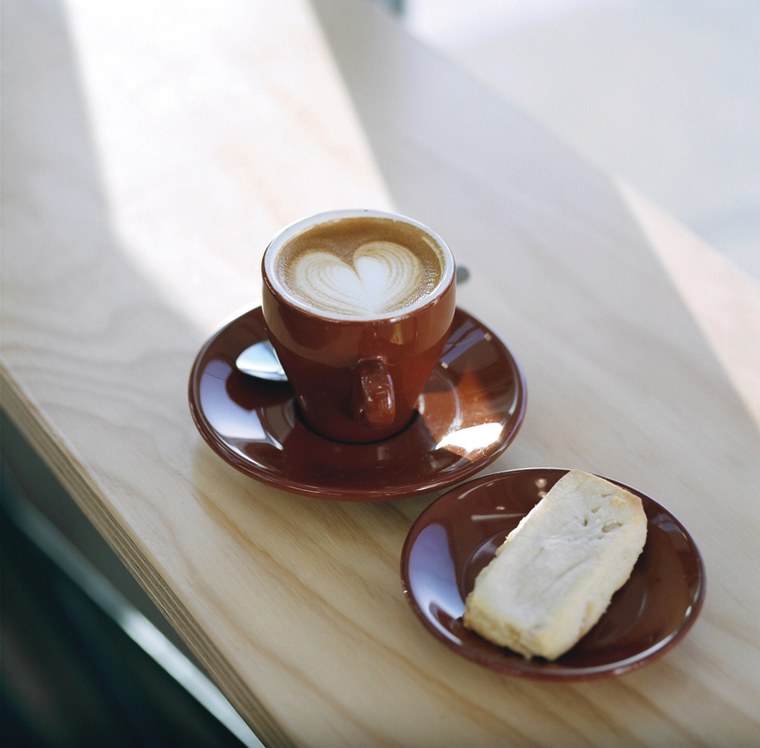Blue Bottle Coffee shops in San Francisco and New York are famous for serving phenomenal house-roasted coffee, prepared using meticulous methods. But founder James Freeman maintains that if home brewers just avoid common mistakes, it doesn’t take much to brew a great cup at home.
“People think it’s so hard and difficult, but just a few simple things can really make a big difference,” he says. Here, Freeman explains how to bypass the five worst crimes against coffee. Given his perfectionism, chances are you’re committing several of them.
Buying old beans
“Make sure you choose a coffee with a roast date, not a ‘best by’ date. Preferably, that date should be no longer than a week ago. Then use it up, share it with friends, or buy smaller bags so you move through it quickly. Sometimes lightly roasted coffee can be good for a couple of weeks after opening, but in general, fresher is better.”
Grinding in advance
“Buy whole-bean coffee. Ground coffee gets stale really easily. Buying a grinder just isn’t that hard: It’s not that expensive, and doesn’t take that long. If you’re doing the pulse-and-shake method on a cheapo blade grinder, I think you’re still better off than buying pre-ground coffee that’s been sitting in a bag for a week or God knows how long. And there are better options that are getting cheaper—Hario, Porlex, Zassenhaus and Baratza make some good grinders that are not that expensive.”
Using a coffee machine
“Don’t buy a coffee pot with a plug. If you’re going to make coffee, make it yourself. There’s the symbolic layer: Do you want to entrust something so important to a machine? And then there’s the brass tacks layer, which is that almost every machine doesn’t make very good coffee. I love the shininess, the slipperiness, the cleanness of a good pour-over made with a paper filter or a cloth filter.”
Playing it loose with measurements
“Don’t rely on your eye, and don’t rely on volumetric measurements—they’re just not accurate. Buy a gram scale and weigh your coffee, weigh your water. You’re going to be so much more in control of your brewing ratio.”
Shopping at the supermarket
“Don’t buy a national brand if you can help it. We’re lucky enough that a lot of people want to have our coffee shipped, but I think more and more, people are opening up little roasteries and doing interesting things. You’ll be less apt to see coffee as a commodity, and more apt to see it as something that’s precious and has been meticulously cared for, from when it’s grown far away to when it arrives in your cup.”
More from Food & Wine:
